Tips for healthy eating when you have cancer
Learn why the foods you eat could help you recover faster.
Updated on April 9, 2024

Eating healthy isn't always an easy task if you have cancer. You need nutrients more than ever, but you may not feel much like eating, or you may find it difficult to eat even your favorite foods. Healthy nutrition can help keep up your strength and energy, tolerate treatment-related side effects (such as pain, nausea, vomiting and fatigue), feel better, and speed up your recovery.
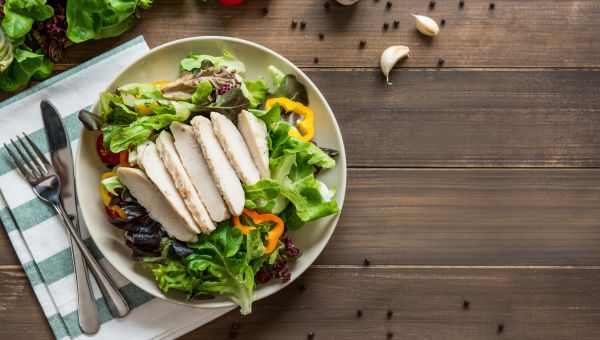
Fight infection with protein
People with cancer usually need more protein because it helps to heal tissues and fight infection after surgery, chemotherapy (drugs that go throughout the body and kill cancer cells), or radiation therapy (high dose X-rays). Fish, poultry, lean red meat, eggs, low-fat dairy products, nuts, and soy foods are all good sources of protein you can try to include in your diet.
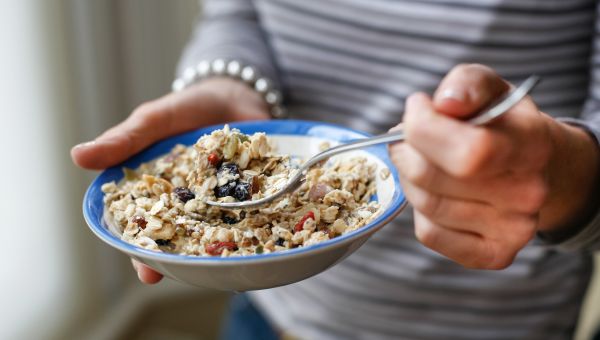
Energize with carbohydrates
Carbohydrates (carbs) are your body's main energy source, fueling physical activity and keeping your organs functioning. Carbohydrates such as fruits, veggies, and whole grains supply your body with vitamins and minerals. An added bonus: Carbs such as sliced veggies and whole grain cereal help fight against common cancer treatment side effects such as fatigue and constipation.
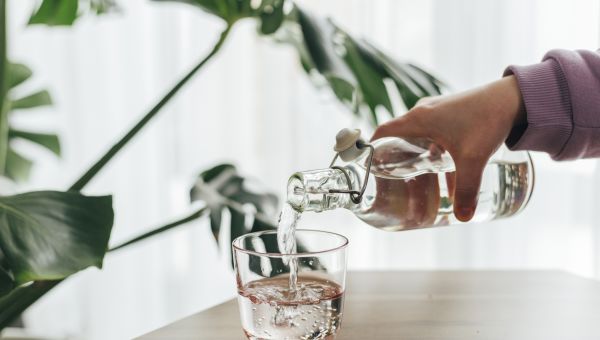
Keep hydrated
Water is important for everyday health, but especially so if you have cancer. Drink water to ward off dehydration from the side effects of cancer treatment, such as vomiting or diarrhea. Experts recommend eight 8-ounce glasses of liquid every day, but you may need even more if you're vomiting or have diarrhea. Notify your healthcare provider if you can't keep liquids down or have vomiting or diarrhea for 24 hours.
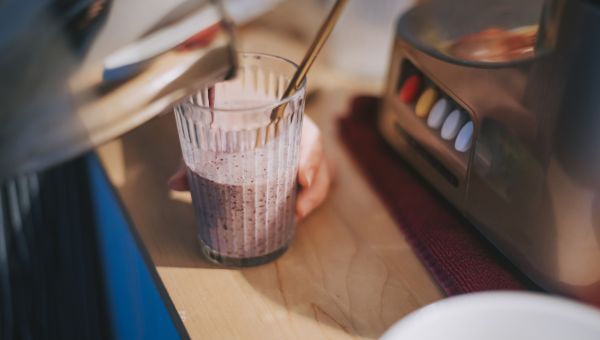
Prevent mouth sores and dry mouth
Mouth sores or sore throat are common with certain chemotherapy drugs or radiation. Try eating soft, bland foods such as pureed vegetables or lukewarm or cold foods such as soups and smoothies. Still in pain? You can also try rinsing your mouth regularly with 1 teaspoon baking soda and 1 teaspoon salt mixed in a quart of water. Radiation therapy, chemotherapy, and other medications can also cause dry mouth, which can lead to a mouth infection or cavities in teeth. Prevent dry mouth by drinking plenty of fluids and chewing on sugarless gum to stimulate saliva.
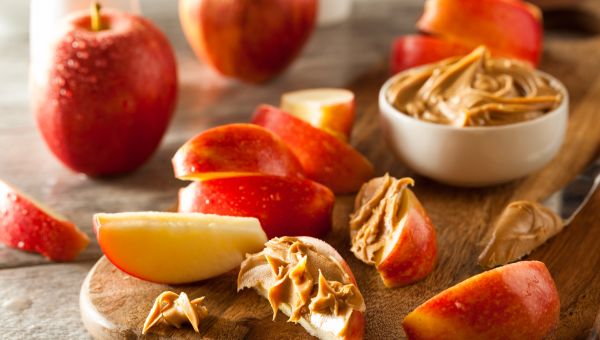
Manage appetite changes
Common treatment-related side effects such as pain, nausea and constipation can cause a loss of appetite. If your appetite is decreased, try eating several snacks throughout the day instead of large meals, and avoid drinking during meals (which can make you feel more full), opting instead to drink between meals. If you feel like snacking, keep high-calorie, protein-rich snacks on hand, such as hard-boiled eggs, peanut butter, granola bars, and cheese.

American Cancer Society. Understanding Nausea and Vomiting. Last Revised: June 26, 2024.
More On


video

article


video


video

article
